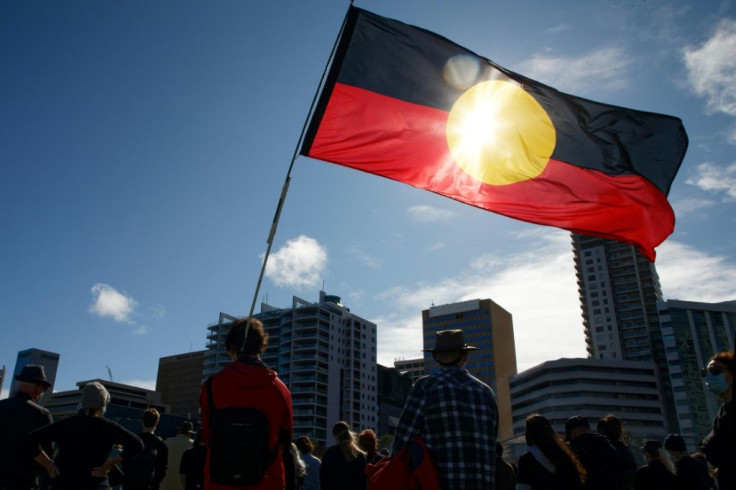Australia To Make Reparations For 'Stolen Generation'
Australia will provide one-off cash payments of US$60,000 to many Indigenous Australians who were forcibly removed from their families as children, Prime Minister Scott Morrison announced Thursday, to redress what he described as a "shameful" period in the nation's history.
Thousands of young Aboriginal and Torres Strait Islanders were taken from their homes and put in foster care with white families under official assimilation policies that persisted into the 1970s.
"What happened is a shameful chapter in our national story," Morrison told parliament of the "Stolen Generation" of Indigenous Australians.
"We have already confronted it with the national apology but our deeds must continue to match our words," he said. The tales of the suffering caused were "not simply stories of the past but stories that continue to reverberate through the generations".
Campaigners for the rights of Indigenous Australians, who remain heavily disadvantaged in terms of health, income and education, welcomed the announcement but said it was long overdue.
Morrison said Aus$378.6 million (US$280 million) would be allocated to redress the human damage of the assimilation policy.
The payments will be available to those living in territories that were run by the Commonwealth at the time of the forced removals -- the Northern Territory, the Australian Capital Territory, which is home to the capital Canberra, and Jervis Bay territory.
Some other Australian states have set up redress schemes but the federal government had not followed suit until now.
The scheme offers survivors a one-off payment of Aus$75,000 in recognition of the harm caused; a "healing assistance" payment of Aus$7,000; and the opportunity to tell their stories to a senior government official and receive a face-to-face or written apology.
The federal payments are part of an Aus$1 billion plan to reduce the sharp inequalities faced by Indigenous Australians.

Fiona Cornforth, head of the Healing Foundation -- a non-governmental group that works with Stolen Generation survivors -- welcomed the reparations.
"Redress is fundamentally about acknowledging the past wrongs inflicted upon Stolen Generations, and the lifelong experience of trauma and grief that is still carried as a burden today," she said.
The policy comes nearly 25 years after a pivotal "Bringing Them Home" report in 1997, which followed a national inquiry into the forced separations, acknowledged the human rights violations suffered and set out measures to support those affected.
"We jumped on our mothers' backs, crying, trying not to be left behind. But the policemen pulled us off and threw us back in the car," one confidential witness said in the report, recalling events of 1935 in Western Australia.
"They pushed the mothers away and drove off, while our mothers were chasing the car, running and crying after us. We were screaming in the back of that car."
Indigenous Australians trace their history back some 65,000 years.
The "Stolen Generation" reparations are the centrepiece of a so-called Closing the Gap plan, supported by the conservative coalition government and the opposition, which also sets out an array of reforms and goals for improving the lives of Indigenous Australians.
Morrison said the plan, which was revamped last year, had been developed together with Aboriginal and Torres Strait Islander peoples.
But he acknowledged that progress was patchy. Life expectancy was better "but not where we want to be". On youth detention "we still have a long way to go", while improvements were being made on getting children into preschool.
© Copyright AFP 2024. All rights reserved.





















